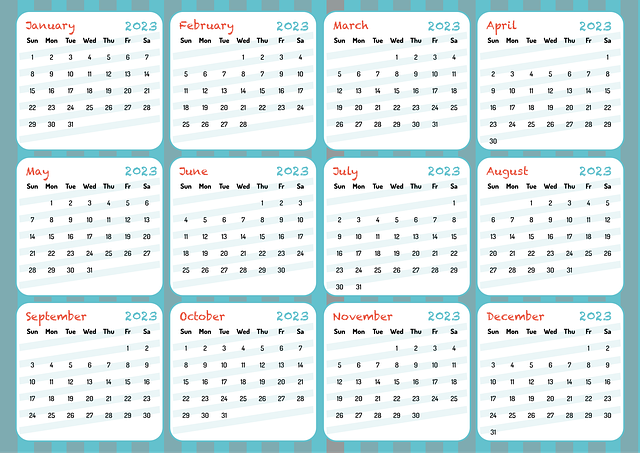Event Planning for Local Businesses thrives on identifying community needs and interests through resident, business owner, and leader engagement. Understanding local priorities like economic development or cultural events guides the creation of tailored outreach events. Active listening and adaptability to feedback ensure event alignment with community interests, fostering stronger local business environments. Community outreach events, powered by demographic and trend analysis, enhance audience engagement and overall success.
In today’s competitive landscape, successful businesses understand that connecting with their local community is a powerful strategy. Event planning plays a pivotal role in fostering these relationships, offering a unique platform to engage and serve residents. This comprehensive guide delves into the art of organizing impactful community outreach events for local businesses. From identifying diverse needs and interests through demographic research to creating captivating event concepts and ensuring seamless logistics, we explore every step essential for effective event planning tailored to strengthen local business-community ties.
- Identifying Community Needs and Interests
- – Researching local demographics and community trends
- – Conducting surveys and focus groups to gather feedback
Identifying Community Needs and Interests

Identifying community needs and interests is a crucial step in event planning for local businesses. By engaging with residents, business owners, and community leaders, organizers can gain valuable insights into what matters most to their target audience. This includes understanding local priorities, such as economic development, education, health, or cultural events, and tailoring the outreach event to address these needs. For example, a local business might organize a workshop series focused on entrepreneurship and small-business support to help foster a thriving entrepreneurial ecosystem within the community.
Effective outreach requires active listening and adapting plans based on feedback received. This process helps ensure that the event aligns with the community’s interests, making it more engaging and successful. By prioritizing community input, organizers can create meaningful connections, build trust, and ultimately enhance the overall impact of their events in fostering a stronger, more united local business environment.
– Researching local demographics and community trends

When planning community outreach events, understanding your local demographics and community trends is a cornerstone of successful event organization. By delving into these insights, Event Planning for Local Businesses can tailor their initiatives to resonate with the specific needs and interests of the target audience. This involves analyzing factors such as age groups, cultural backgrounds, economic status, and social preferences within the community.
For instance, a business hosting an event in a diverse neighborhood might focus on inclusive activities and performances, while an event in a primarily youth-dominated area could incorporate interactive workshops and gamified experiences. Community trends also play a vital role, as keeping up with local fads, hobbies, and causes can help attract larger crowds and foster genuine engagement.
– Conducting surveys and focus groups to gather feedback

Community outreach events are a powerful tool for local businesses to connect with their target audience, and effective event planning starts with understanding the needs and preferences of the community. To achieve this, conducting surveys and focus groups is an essential step in the event planning process. These methods allow business owners to gather valuable feedback directly from potential attendees, providing insights into what activities, themes, and amenities resonate most with the local population.
By collecting data through surveys, businesses can identify popular interests, cultural preferences, and even specific needs within their community. Focus groups, on the other hand, facilitate in-depth discussions, enabling a deeper understanding of people’s motivations, expectations, and perceptions related to events. This dual approach ensures event planning for local businesses is strategic, inclusive, and aligned with the community’s unique character, ultimately fostering higher attendance and engagement.
By understanding the unique needs and interests of their communities, local businesses can transform Event Planning into a powerful tool for engagement. Through demographical research and direct community feedback, as highlighted in this article, entrepreneurs can create meaningful outreach events that foster connections and drive growth. This strategic approach to event planning not only benefits businesses but also strengthens the social fabric of local neighborhoods.














